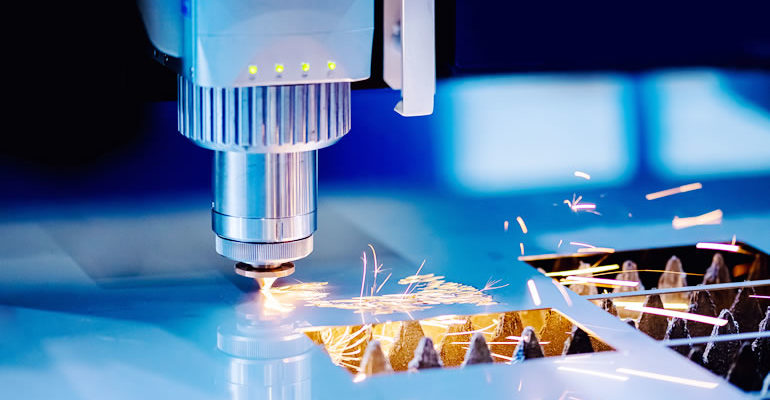Metalwork, a craft as ancient as civilization, has evolved significantly over the centuries. From the traditional hammer and anvil to today’s automated machinery, metalworking is a testament to human ingenuity and technological progress. In this exploration, we’ll chart the journey of this craft, focusing particularly on the pivotal role played by CLW METAL in shaping the contemporary metalwork industry.
The Evolution of Metalwork Tools and Techniques
The story of metalwork is, in many ways, the story of humanity’s drive to build, innovate, and transcend limitations.
Traditional Tools and Their Limitations
Historically, metalworking was labor-intensive, heavily reliant on manual tools like hammers, chisels, and anvils. While these tools were instrumental in forging civilizations, they had limitations:
- Consistency was hard to maintain over large batches.
- Complex designs were challenging and time-consuming.
- Skilled labor was necessary, leading to longer training periods.
The Birth of Modern Machinery
With the onset of the Industrial Revolution, machinery started to make its mark on metalwork. Machines brought precision, repeatability, and efficiency—three aspects challenging to achieve with traditional tools. The lathe, milling machine, and hydraulic press revolutionized how metal products were made and the speed at which they were produced.
Benefits of Integrating Modern Technology
Modern machinery, equipped with digital controls and automation, brings a plethora of advantages:
- Precision: Achieve tolerances that were previously unthinkable.
- Speed: Mass production became a reality, meeting the demands of growing populations.
- Cost-Efficiency: Reduced manual intervention means fewer errors and more savings.
The Role of Automation in Modern Metalwork
The transition to automation in metalwork wasn’t just a shift in tools but a paradigm change in how we approach design, production, and scalability.
Definition and Types of Automation
At its core, automation refers to using equipment and technology to carry out tasks with minimal human intervention. In metalwork, this translates to:
- Robot-assisted fabrication and welding.
- CNC (Computer Numerical Control) machinery for precise cuts and shapes.
- Automated quality checks using sensors and vision systems.
Importance of Automation in Scaling and Improving Precision
Automation’s significance is multi-faceted. It ensures products maintain consistent quality, reduces production times, and allows real-time monitoring and adjustments. The result is a product that meets high standards and is produced in a fraction of the traditional time.
Real-world Examples
Industries worldwide have been transformed by automation. For instance, with its robot-assisted assembly lines, the automotive sector can churn out vehicles with impeccable consistency. Similarly, the aerospace industry relies heavily on precise CNC machinery to craft parts that meet strict safety standards.
The Journey of CLW METAL in Pushing Boundaries
Amidst this backdrop of rapid technological evolution stands CLW METAL—a beacon of innovation and quality in the metalwork sector.
A Brief Background of CLW METAL
Founded in [year], CLW METAL set out with a vision to redefine the standards of metalwork. Recognizing the potential of modern machinery and automation early on, the company has consistently been at the forefront of adopting and integrating the latest technological advances.
Integration of Cutting-Edge Machinery
CLW METAL prides itself on its state-of-the-art machinery, forming its operations’ backbone. From CNC machines capable of intricate designs to automated welding setups, the company’s tech arsenal is both diverse and cutting-edge.
Implementing Refined Methodologies
Beyond machinery, CLW METAL’s success can be attributed to its refined methodologies. By constantly evaluating and improving their processes, the company ensures that their deliverables are not just products but symbols of excellence.
Philosophy of Evaluating Unique Project Requirements
Every project that comes to CLW METAL is viewed as unique. The team thoroughly evaluates its requirements, ensuring that the solutions provided are tailor-made to the task at hand. This approach, combined with their penchant for automation-driven solutions, results in outputs that are both efficient and of unmatched quality.
From the humble beginnings of forging metals with manual tools to the precision-driven era of automation, metalwork has come a long way. Companies like CLW METAL, with their dedication to innovation, serve as shining examples of what’s possible in this exciting field. As technology continues its relentless march forward, one can only imagine where this synergy of craft and machinery will take us next.

